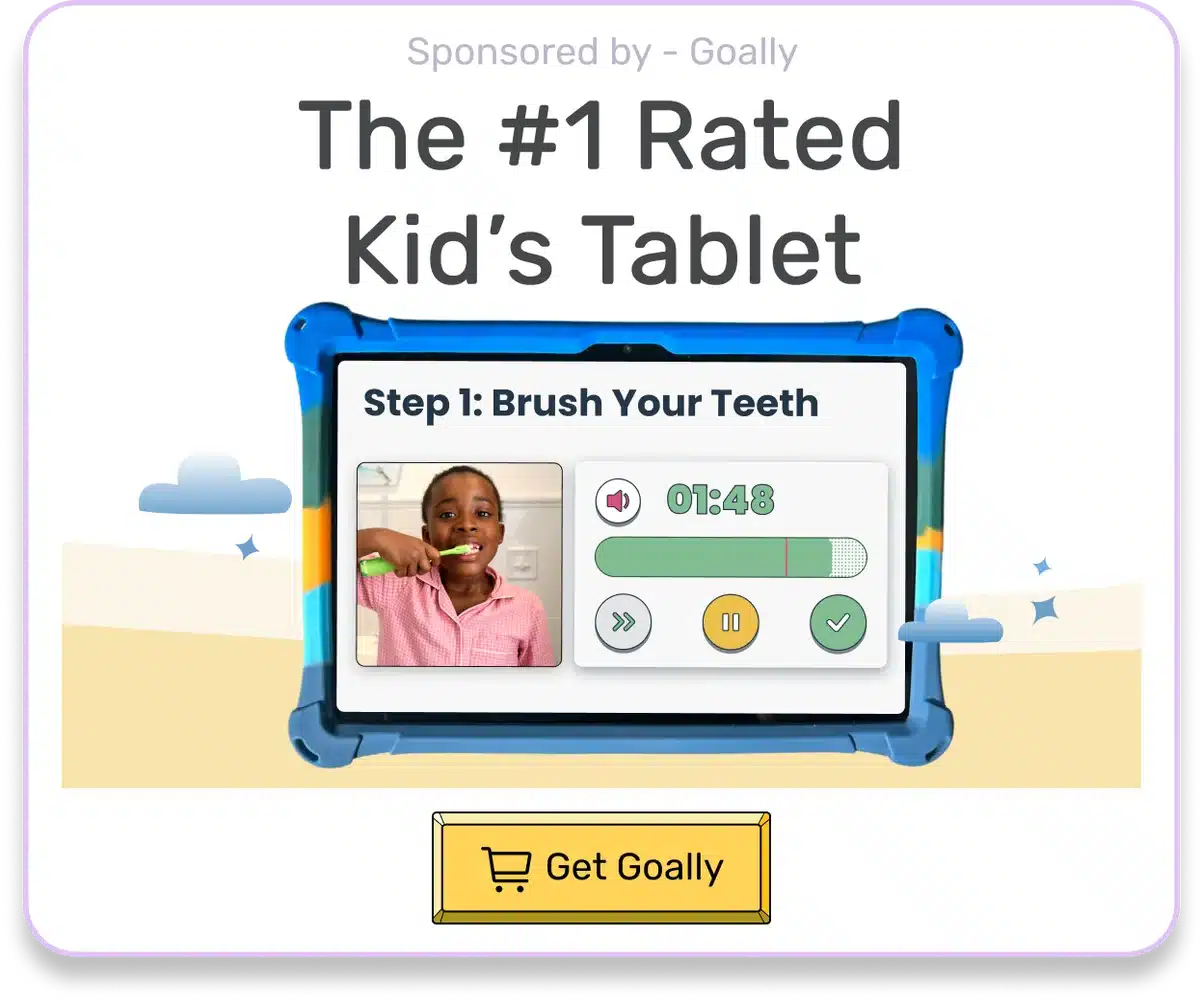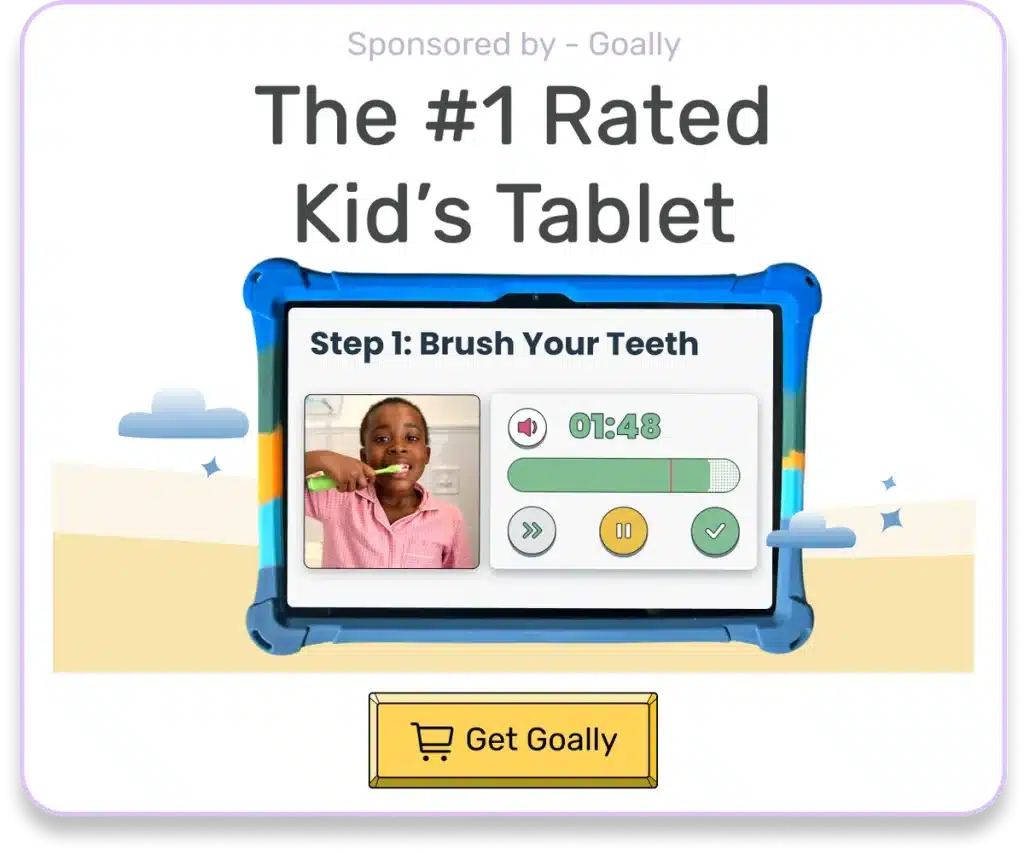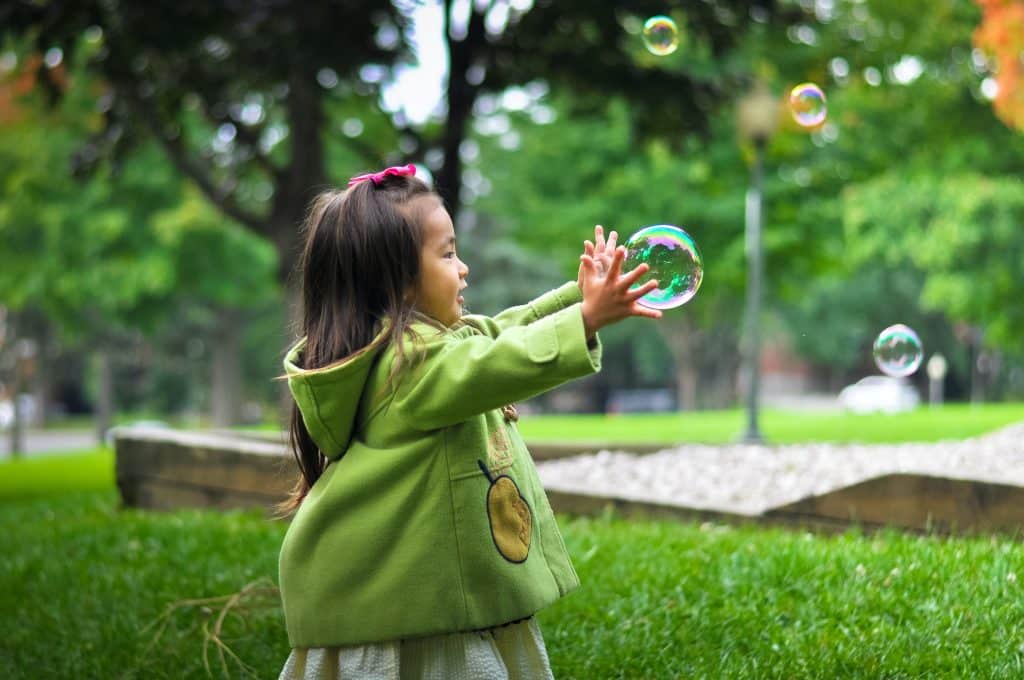Can you treat ADHD without medication? The good news is that there are various non-pharmacological approaches that can help manage ADHD symptoms and improve your child’s quality of life. In this blog post, we’ll explore alternative treatments and strategies that make treating ADHD without medication possible that can support your child’s growth and development.
Table of Contents
Behavioral Therapy: A Powerful Tool for Kids with ADHD
Behavioral therapy is a proven method for managing ADHD symptoms without medication. It focuses on teaching kids essential skills, such as organization, time management, and self-control. Working closely with a therapist and practicing the techniques regularly is crucial for the best results.
Here are some popular behavioral therapy techniques:
- Parent-Child Interaction Therapy (PCIT): PCIT involves parents and children working together with a therapist to improve communication and strengthen their relationship.
- Social Skills Training: This approach helps kids with ADHD develop better social skills, such as taking turns, sharing, and listening to others.
- Cognitive Behavioral Therapy (CBT): CBT helps children identify and change negative thought patterns, leading to improved behavior and emotional regulation.

Read more: What Does ADHD Medication Do?
Creating a Structured Environment for Kids with Thinking and Learning Differences
Establishing a structured environment can significantly impact a child’s ability to manage ADHD symptoms. By providing structure and predictability, you can help your child feel more in control and better equipped to manage their ADHD symptoms.
Here are some tips to create a supportive and organized space for your child:
- Establish routines: Consistent daily routines help kids with ADHD know what to expect and reduce anxiety.
- Break tasks into smaller steps: Breaking tasks into manageable steps can make them less overwhelming and easier to complete.
- Use visual aids: Visual aids, such as charts and calendars, can help kids with ADHD stay organized and remember important tasks.
- Minimize distractions: Create a quiet, clutter-free space for your child to focus on homework and other activities.
Goally | The Safest Tablet for Kids

Nutrition and Exercise: Building Blocks for a Healthy Mind and Body
Did you know that a balanced diet and regular physical activity can play a significant role in managing ADHD symptoms? A healthy lifestyle can benefit your child in various ways, from improved brain function to better emotional regulation.
The Power of Nutrition
Research suggests that certain nutrients can positively impact brain function and behavior in kids with ADHD. To ensure your child gets the essential nutrients they need, consider these dietary tips:
- Omega-3 fatty acids: Found in fish, nuts, and seeds, omega-3s are essential for brain health and may help improve ADHD symptoms.
- Protein-rich foods: Protein helps regulate blood sugar levels, which can impact focus and attention. Include lean meats, beans, and dairy products in your child’s diet.
- Complex carbohydrates: Whole grains, fruits, and vegetables provide steady energy and support brain function.
Read More: 7 Kids Nutrition Books
It’s essential to consult with a healthcare professional before making significant changes to your child’s diet.

Read more: How Can I Treat My Child With ADHD at Home?
Exercise: A Natural Mood Booster
Physical activity is known to release endorphins, which can improve mood, focus, and overall well-being. Encourage your child to engage in regular exercise by finding activities they enjoy and participating with them. Here are some suggestions:
- Aerobic activities: Running, swimming, and dancing can help increase heart rate and improve focus.
- Team sports: Participating in team sports can help kids with ADHD develop social skills and self-esteem.
- Yoga and mindfulness: These practices can help children with ADHD learn relaxation techniques and improve self-awareness.
Read More: Kid Stress Relievers

Read more: How to Help a Child With ADHD Without Medication
Technology: Harnessing the Power of Digital Tools
Technology can be a valuable ally in managing ADHD symptoms. Assistive tools, such as Goally’s learning tablet, can help kids with thinking and learning differences stay organized, develop routines, and build essential life skills. These digital tools can be customized to meet your child’s unique needs and provide a fun, engaging way to learn and grow.
By incorporating technology into your child’s daily routine, you can support their progress and help them overcome challenges associated with ADHD.
Try Goally For Your Child With ADHD
Goally helps kids with ADHD stay focused and build skills. Unlike a Kindle or an iPad that kids get easily distracted on, Goally has no YouTube, no social media, no web browser, and especially no ads.
Goally uses game play as a points-based motivator for your kiddo with ADHD and helps them learn emotional regulation skills. It’s simple to set up and has an expert-informed design.

Can You Treat ADHD Without Medication? Absolutely!
So, Is treating ADHD without medication possible? The answer is a resounding yes! By exploring behavioral therapy, creating a structured environment, focusing on nutrition and exercise, and utilizing technology, you can support your child’s growth and development without relying solely on medication. Remember, every child is unique, and it’s essential to work closely with healthcare professionals to develop a tailored plan that meets your child’s specific needs.
FAQs About Treating ADHD Without Medication?
Can ADHD be treated without medication? Non-pharmaceutical interventions like behavioral therapy, mindfulness exercises, and dietary changes can effectively manage ADHD symptoms.
What non-medical interventions help in treating ADHD? Behavioral interventions, neurofeedback, specialized educational support, and mindfulness practices are effective non-medical strategies for managing ADHD.
How effective is behavioral therapy in managing ADHD? Behavioral therapy is highly effective for ADHD, providing strategies to manage symptoms and improve social and academic functioning.
Can changes in diet help with ADHD symptoms? Some research suggests that dietary changes, like reducing sugar intake and increasing omega-3 fatty acids, can potentially mitigate ADHD symptoms.
What role does physical activity play in managing ADHD? Regular physical activity can improve concentration, reduce impulsivity, and promote overall well-being, making it beneficial for individuals with ADHD.
This post was originally published on 05/08/2023. It was updated on 03/21/2024.

Goally
We help parents teach their kids life skills, like doing bedtime and morning independently. Backed by science, we incorporate evidence-based practices and expert-informed designs in all of our apps and content.






